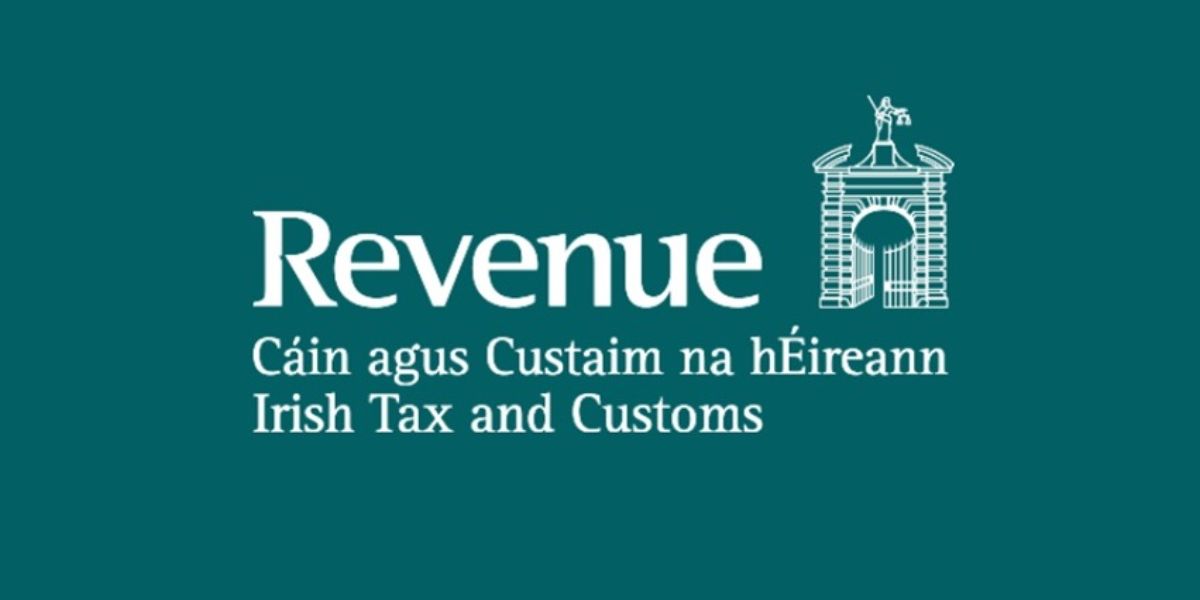On 22 November, the Irish Minister for the Environment, Climate and Communications, Eamon Ryan announced measures to address windfall gains in the energy sector through the implementation of Council Regulation (EU) 2022/1854.
Elevated wholesale gas prices have led to potential windfall gains for electricity producers, which have seen an increase in revenues from the wholesale electricity market. The elevated prices also have the potential to generate windfall gains in fossil fuel production and refining.
The government has decided to place a cap on all market revenues of non-gas electricity generators. Excess revenues will be collected and used to support electricity consumers.
The government has also decided to implement the temporary solidarity contribution, as set out in the Council Regulation, to companies active in fossil fuel production and refining for the years 2022 and 2023.
The temporary solidarity contribution is calculated based on the portion of a company’s taxable profits which are more than 20% higher than a baseline. The baseline will be the average taxable profits for the company for the period 2018 to 2021. Losses from previous years will not be taken into account in the calculation of the taxable profits in temporary solidarity contribution or the baseline.
Taxable profits which are more than 20% above the baseline will be subject to the temporary solidarity contribution at a rate of 75%. This will lead to an effective rate of 0% for windfall gains of up to 20%, an effective rate of 50% for windfall gains of 60% (60% minus 20% baseline = 40% eligible for contribution at rate of 75%; that is, 30%) and an effective rate of 60% for windfall gains of 100% (that is, where profits have doubled).
Proceeds from the cap on market revenues are expected to be collected in 2023, with proceeds from the temporary solidarity contribution to be collected in 2023 and 2024.














